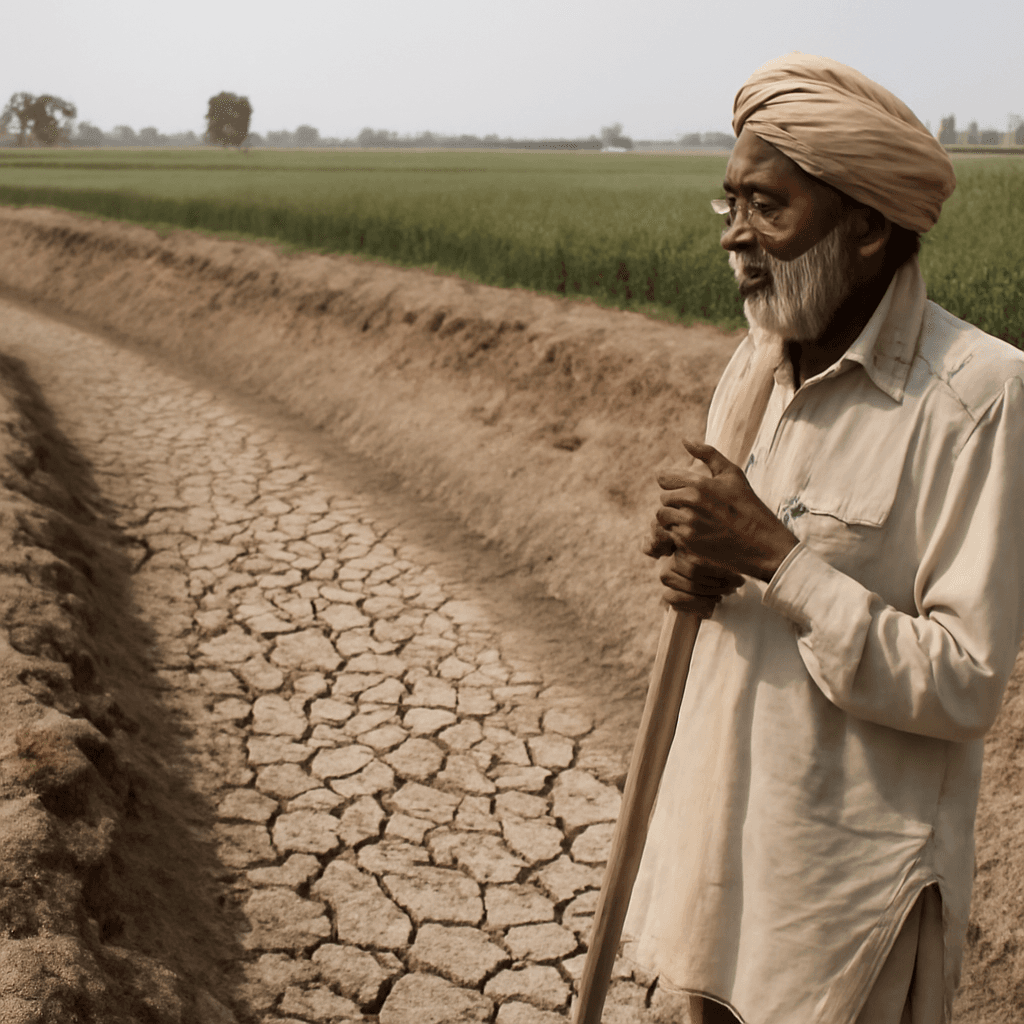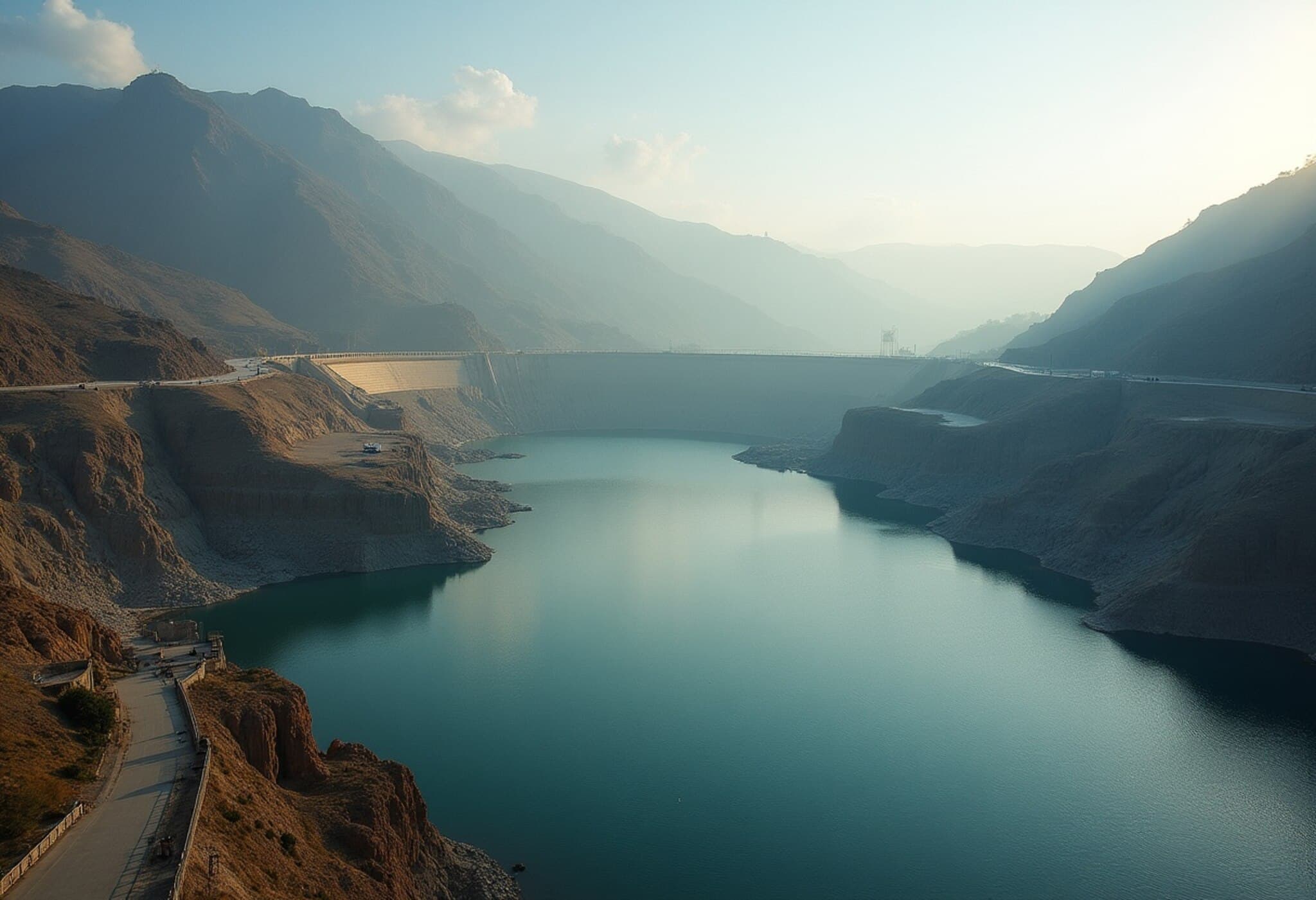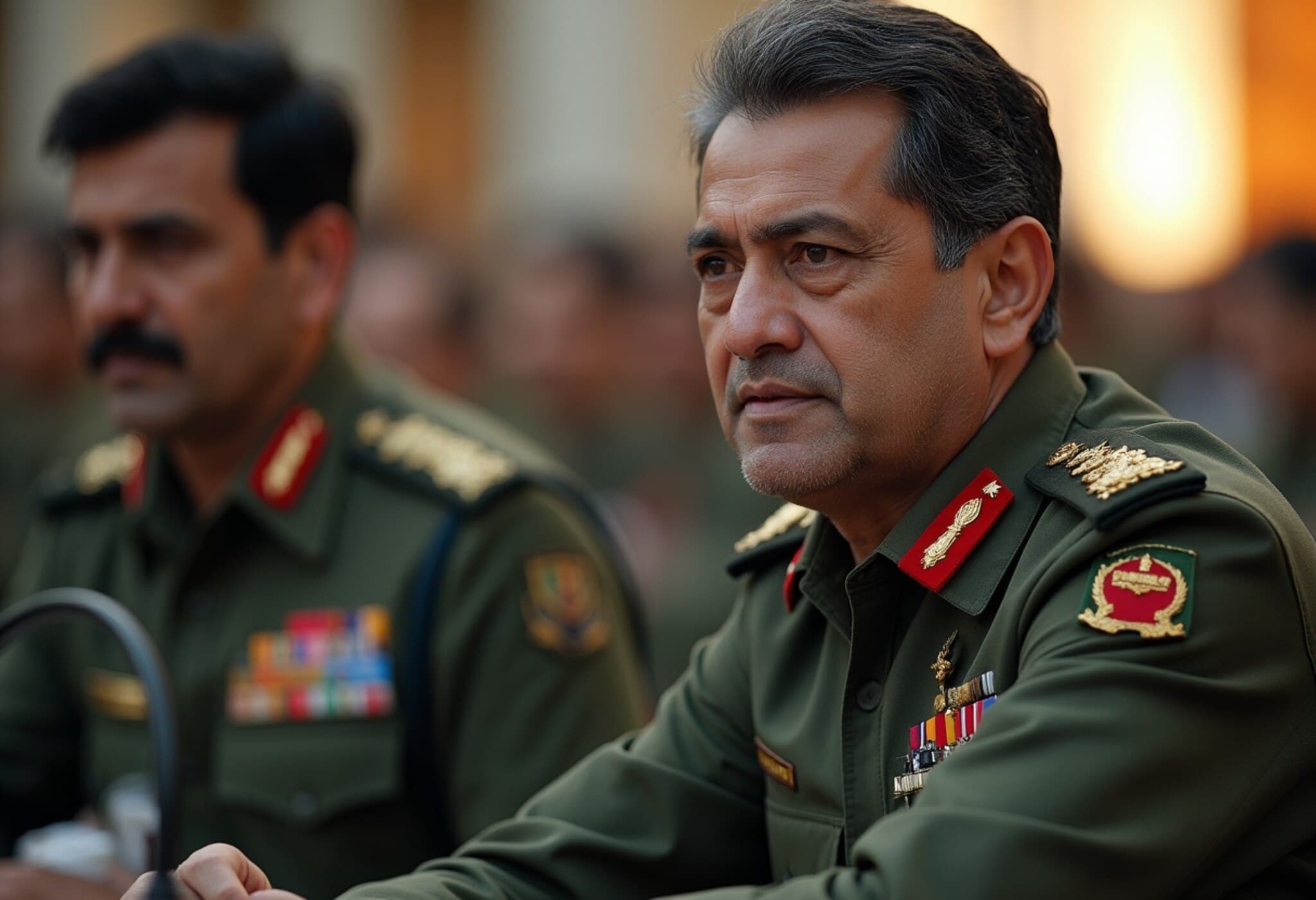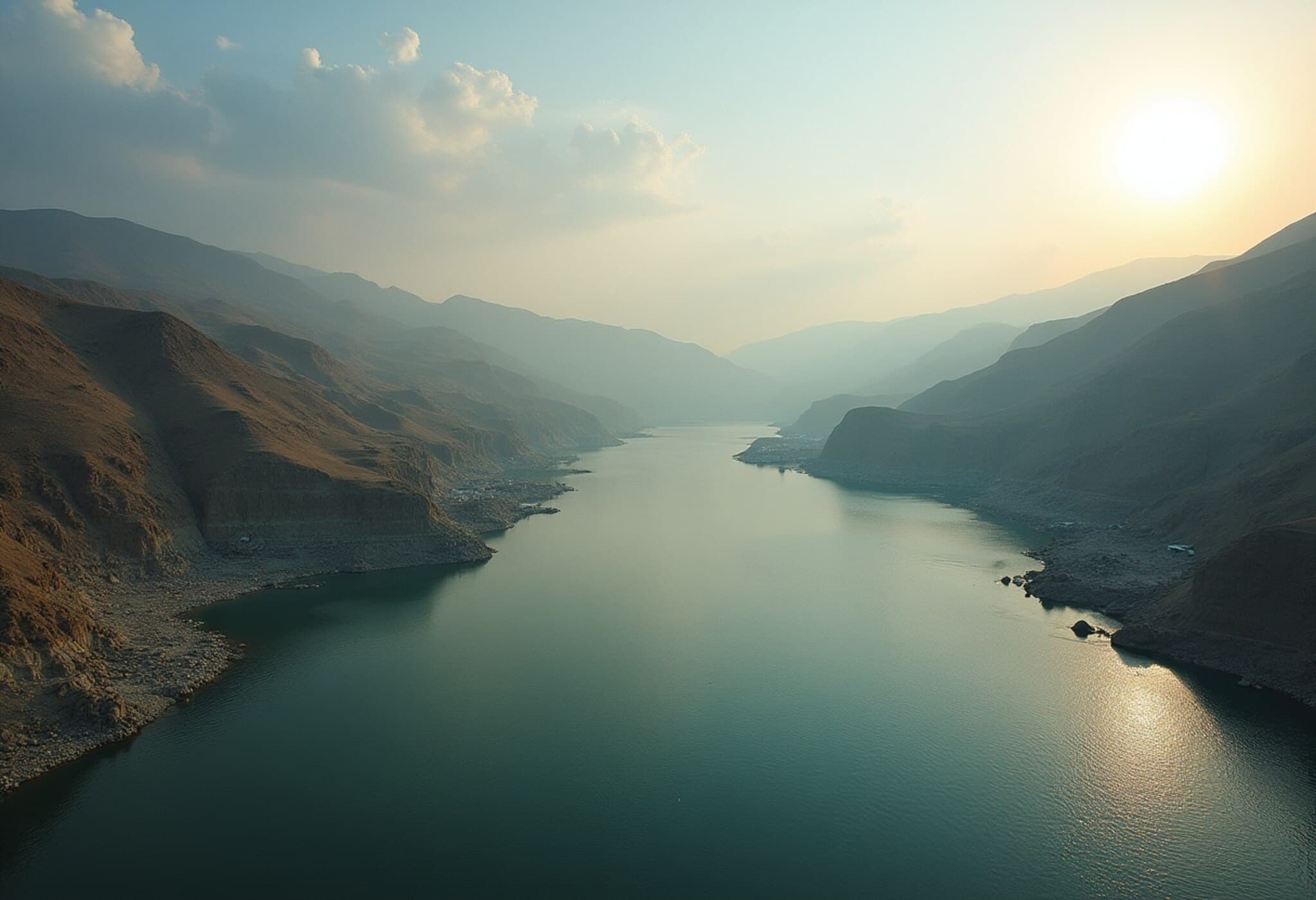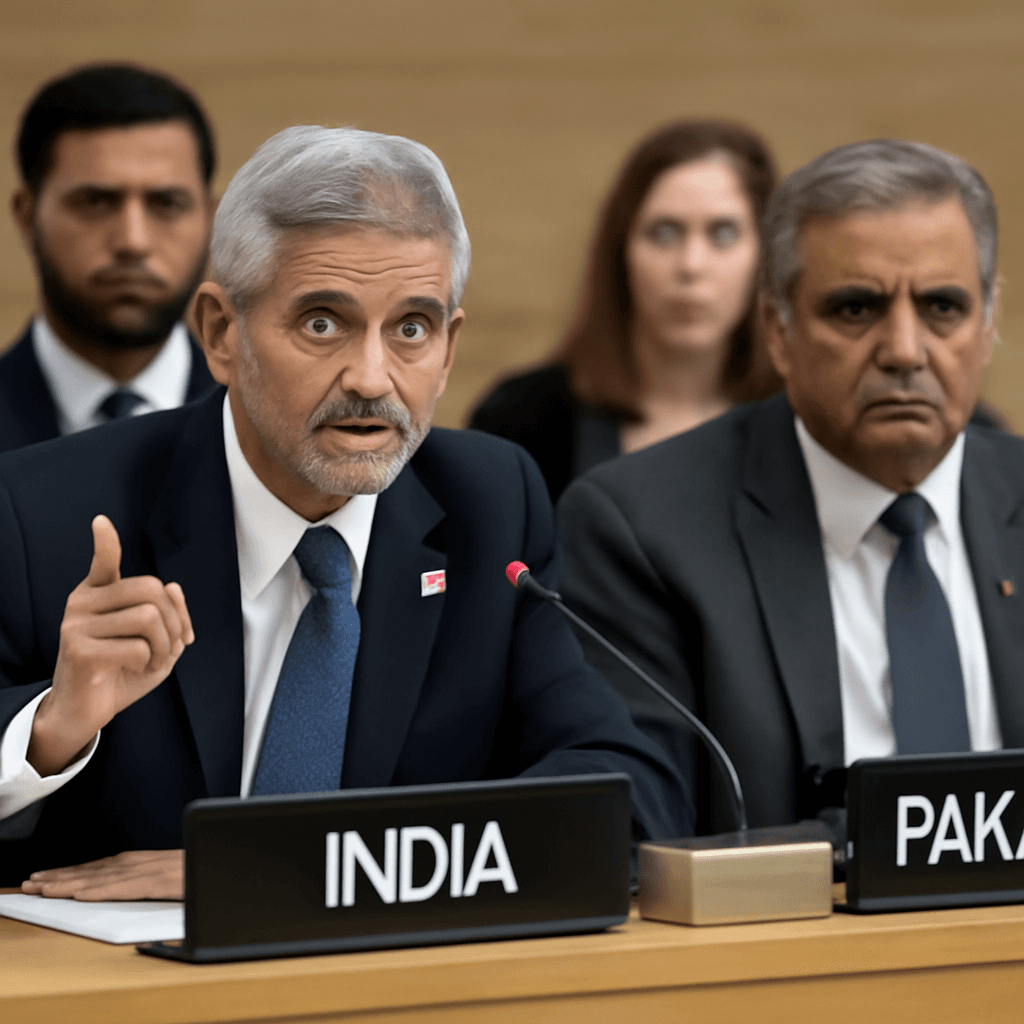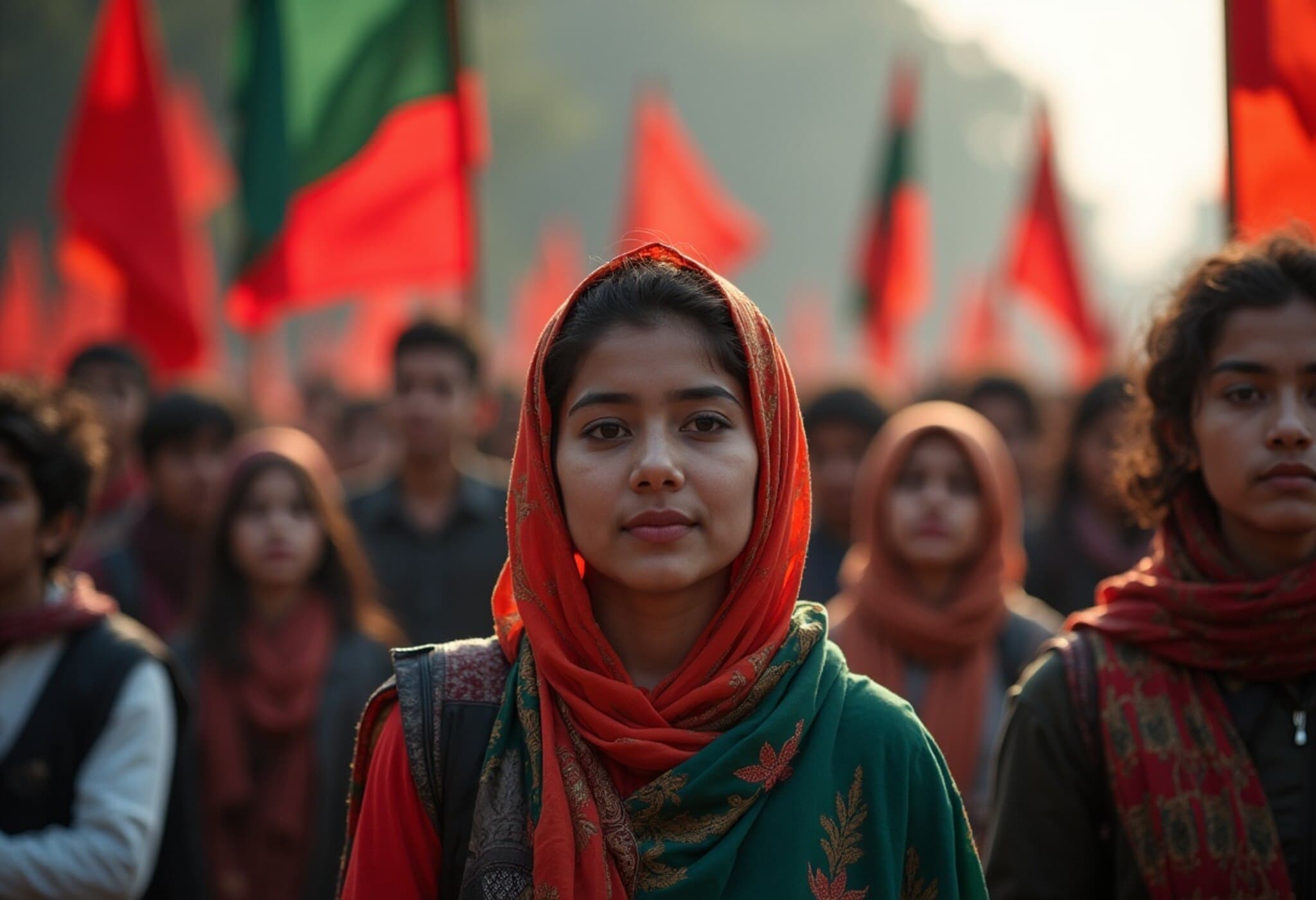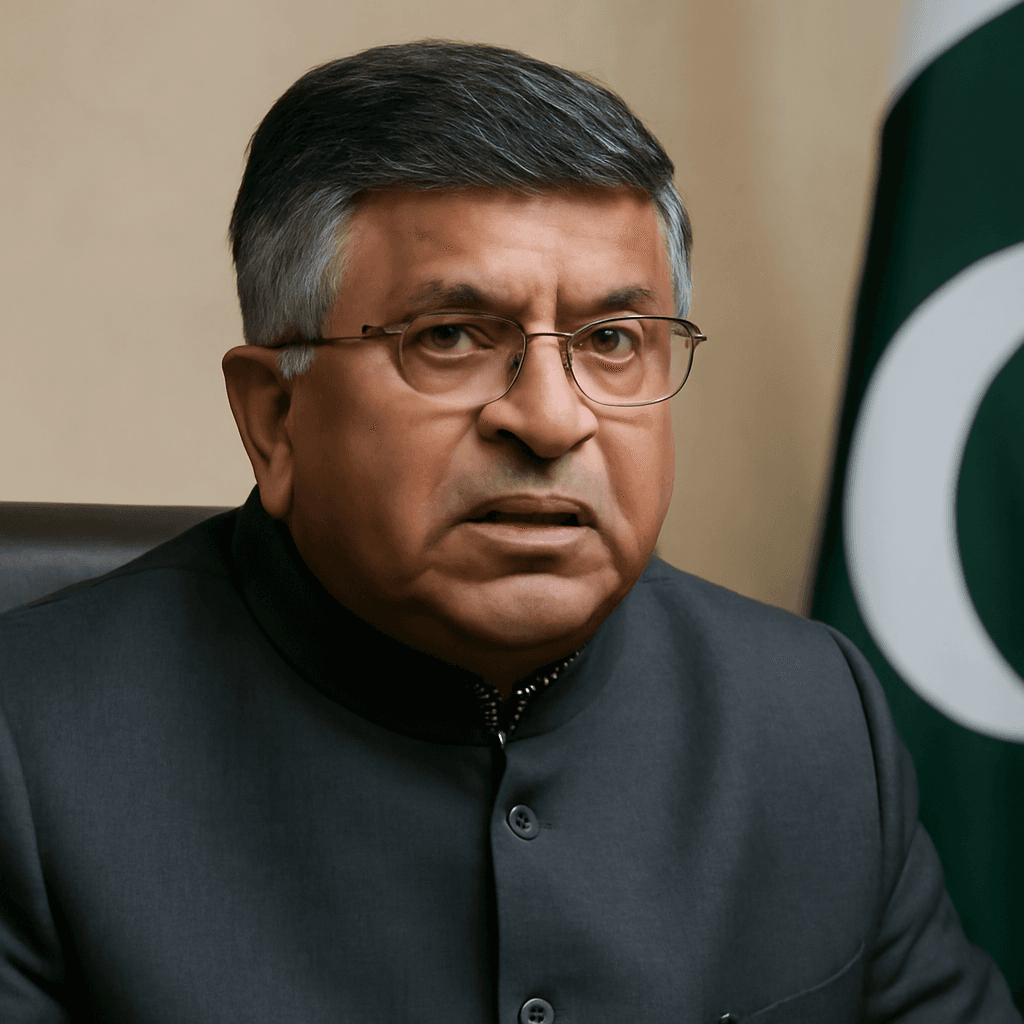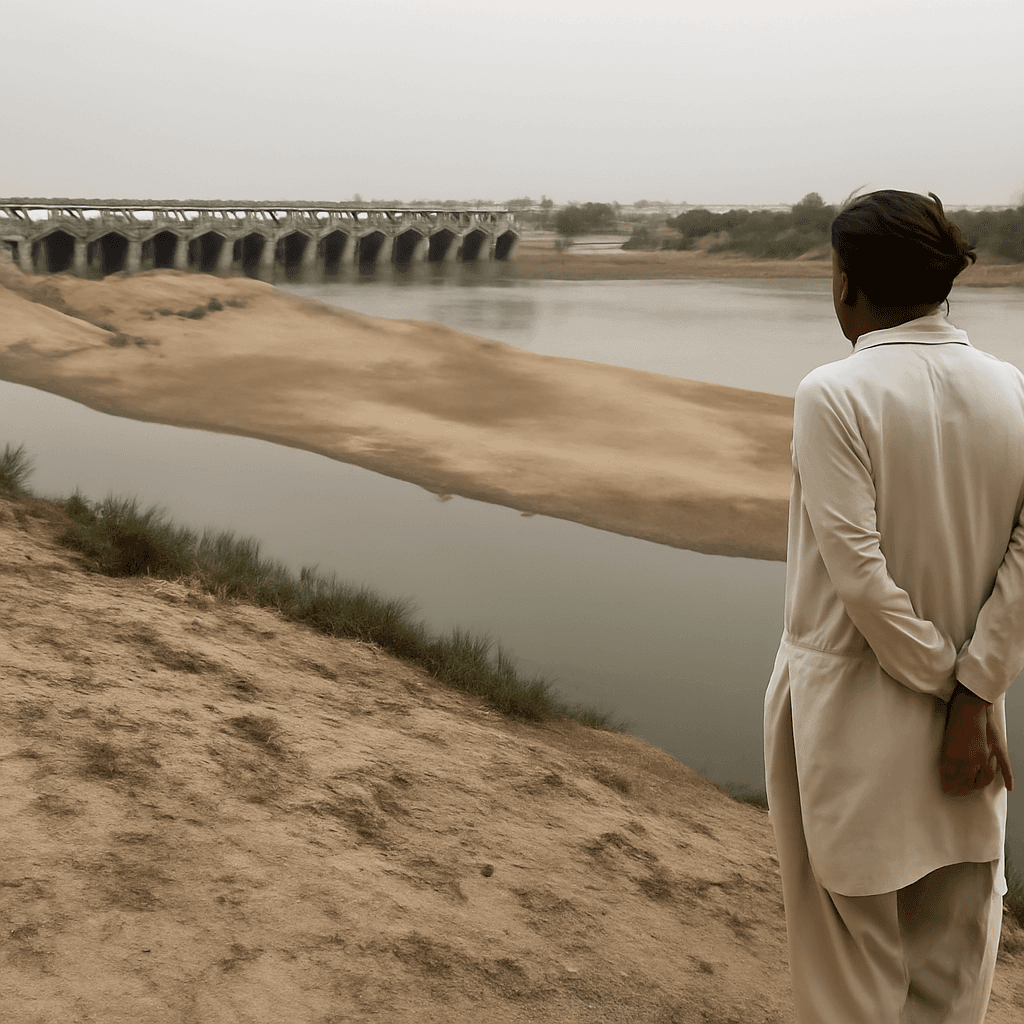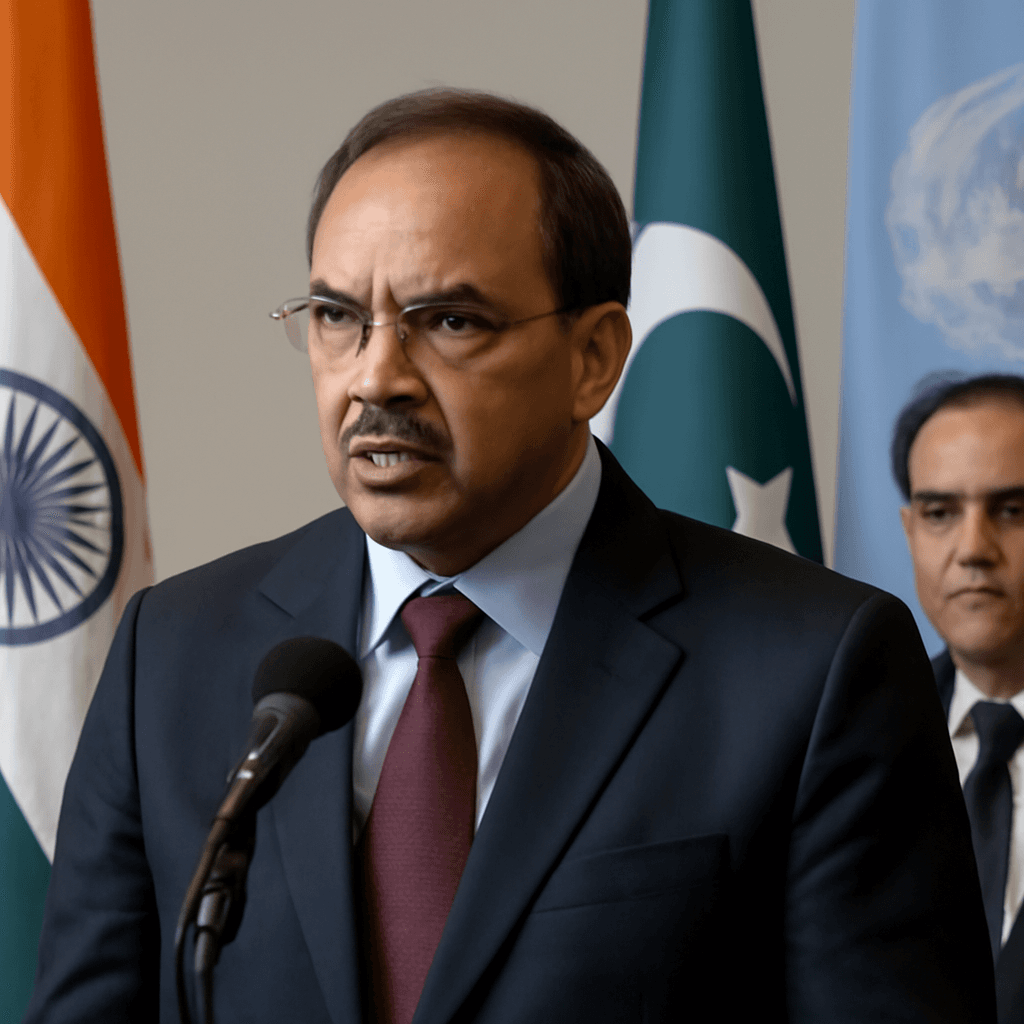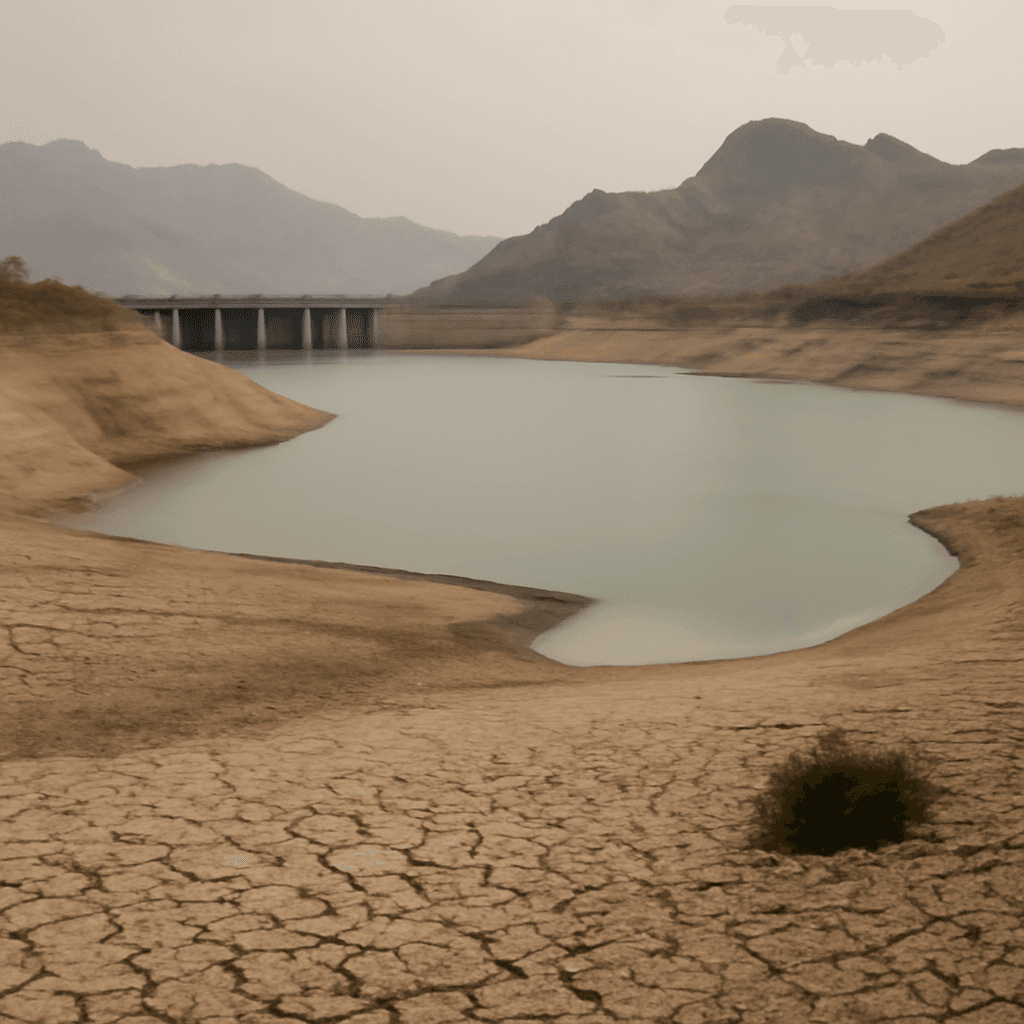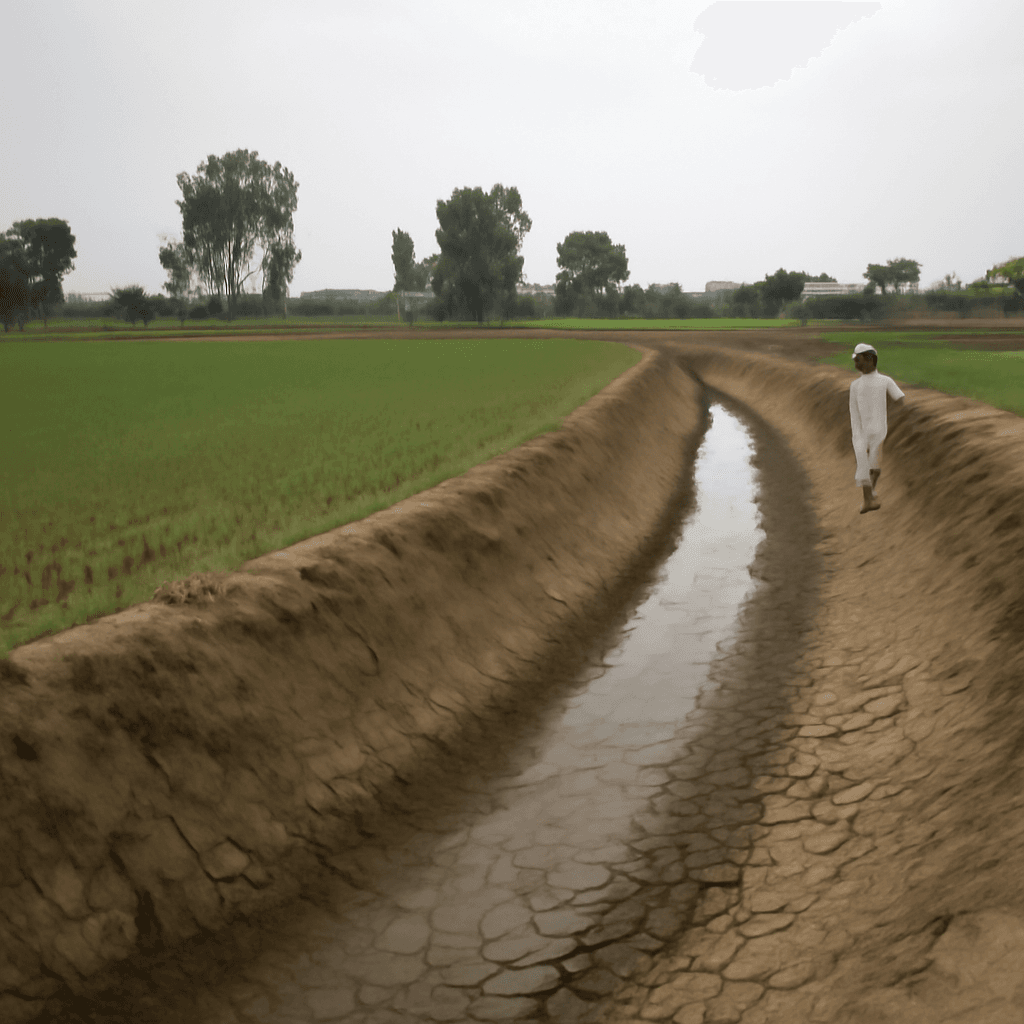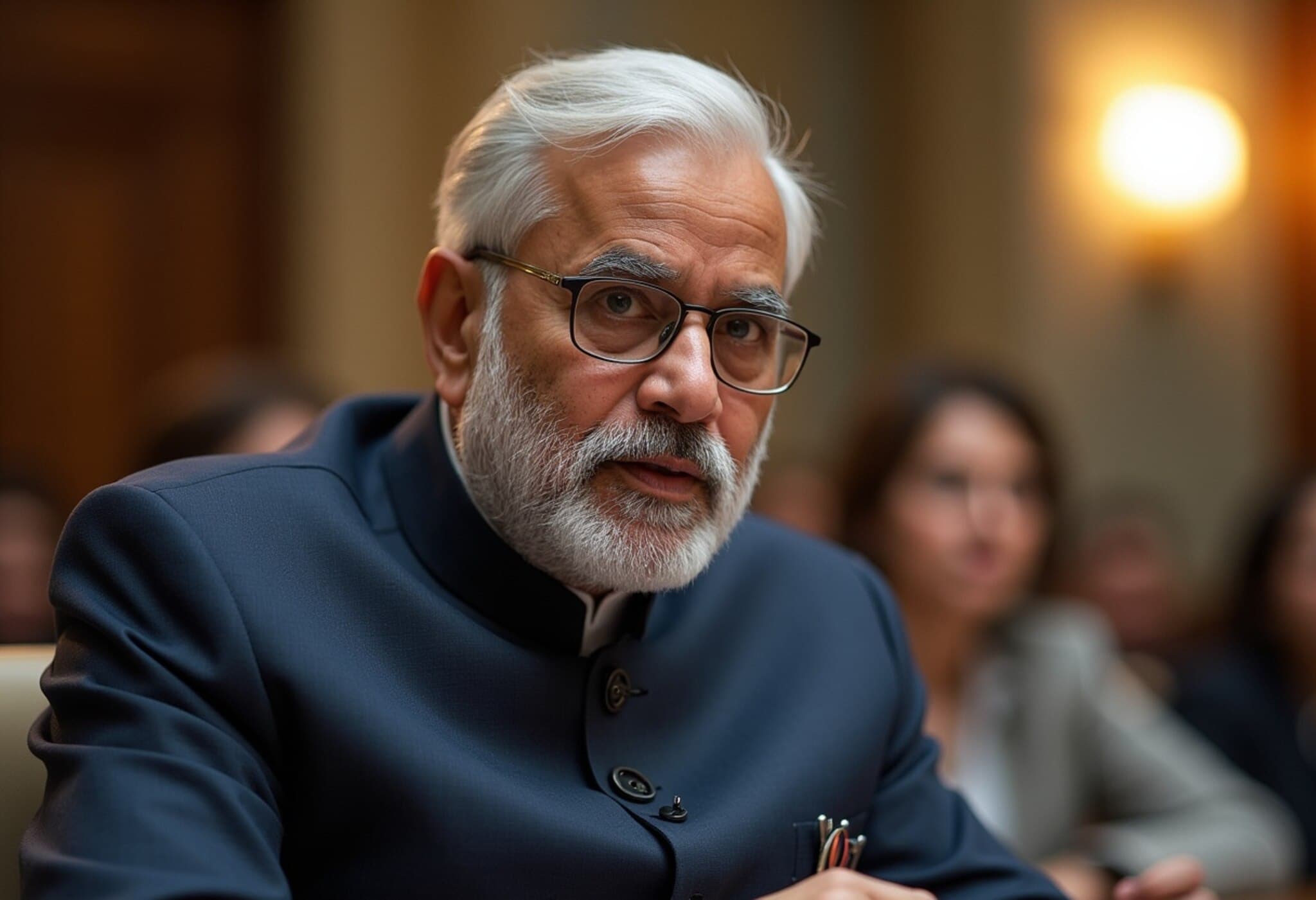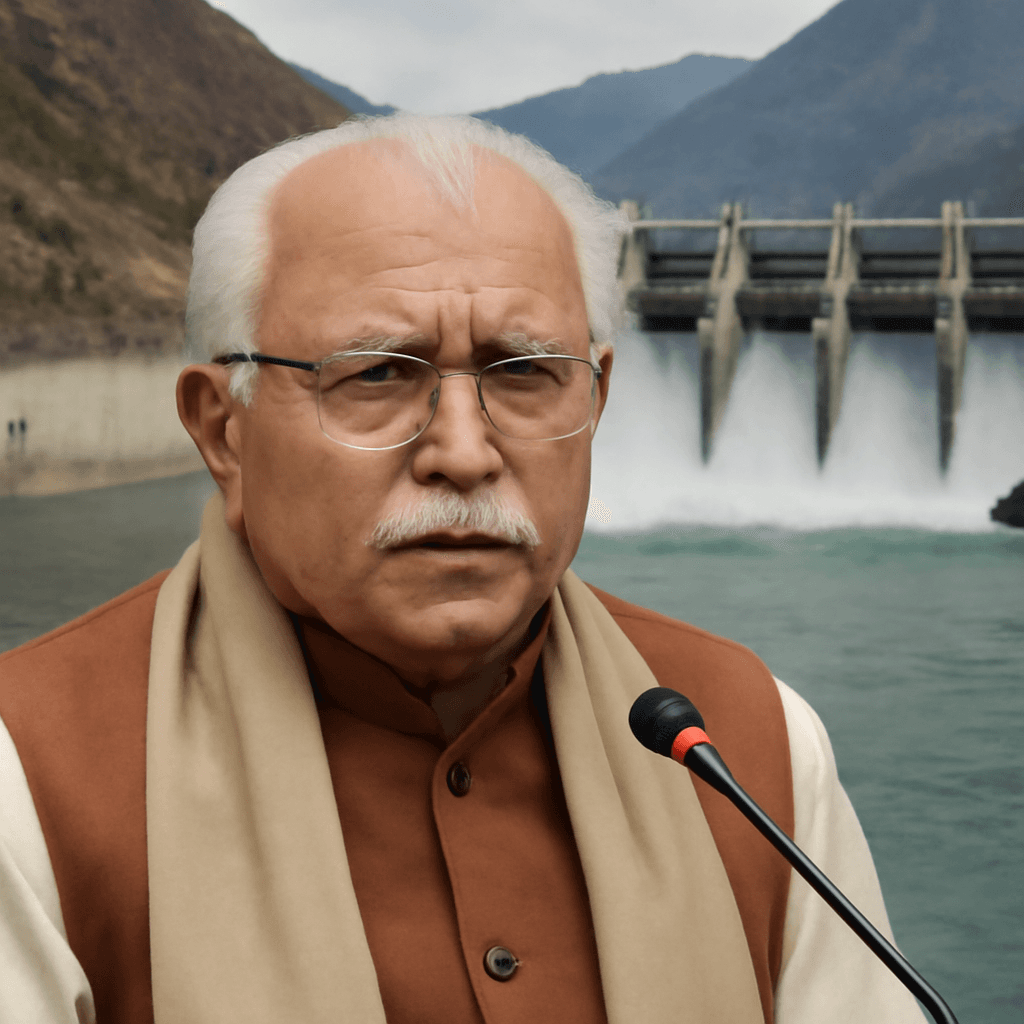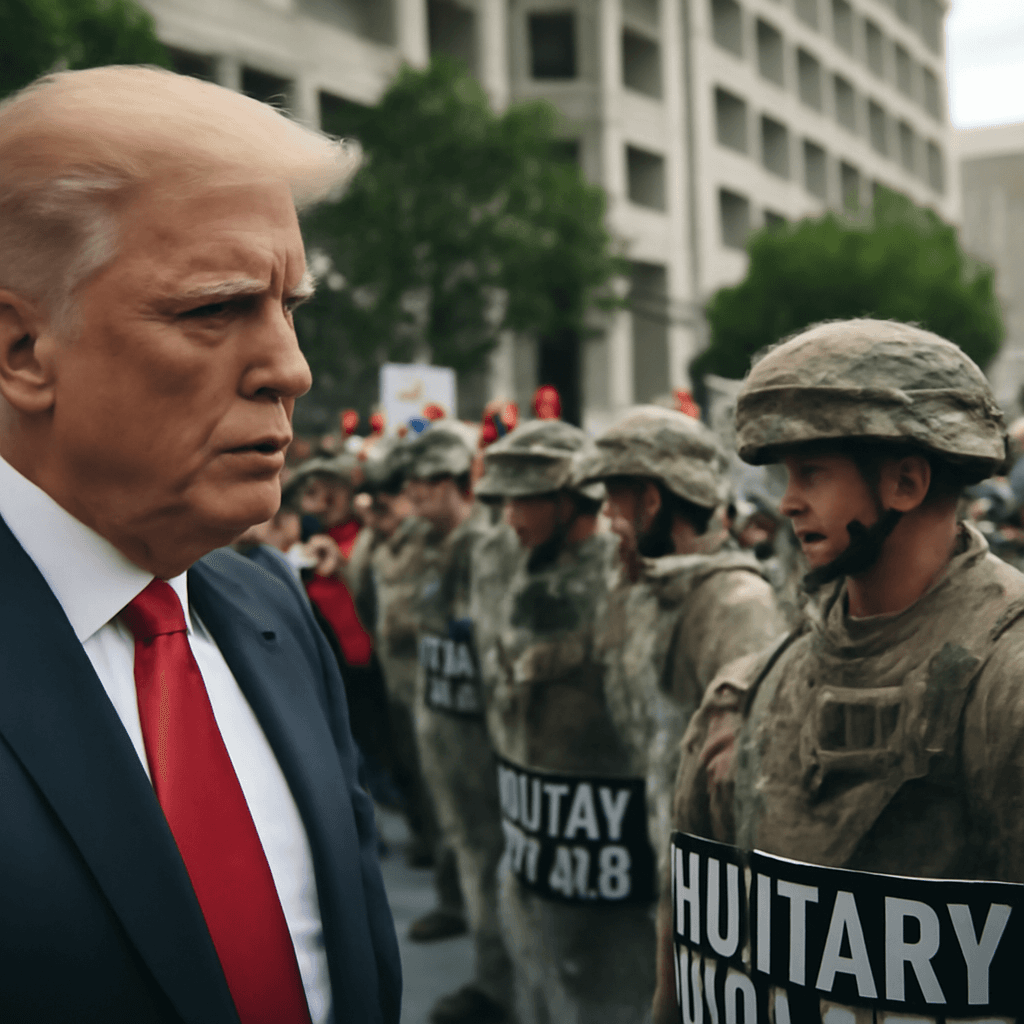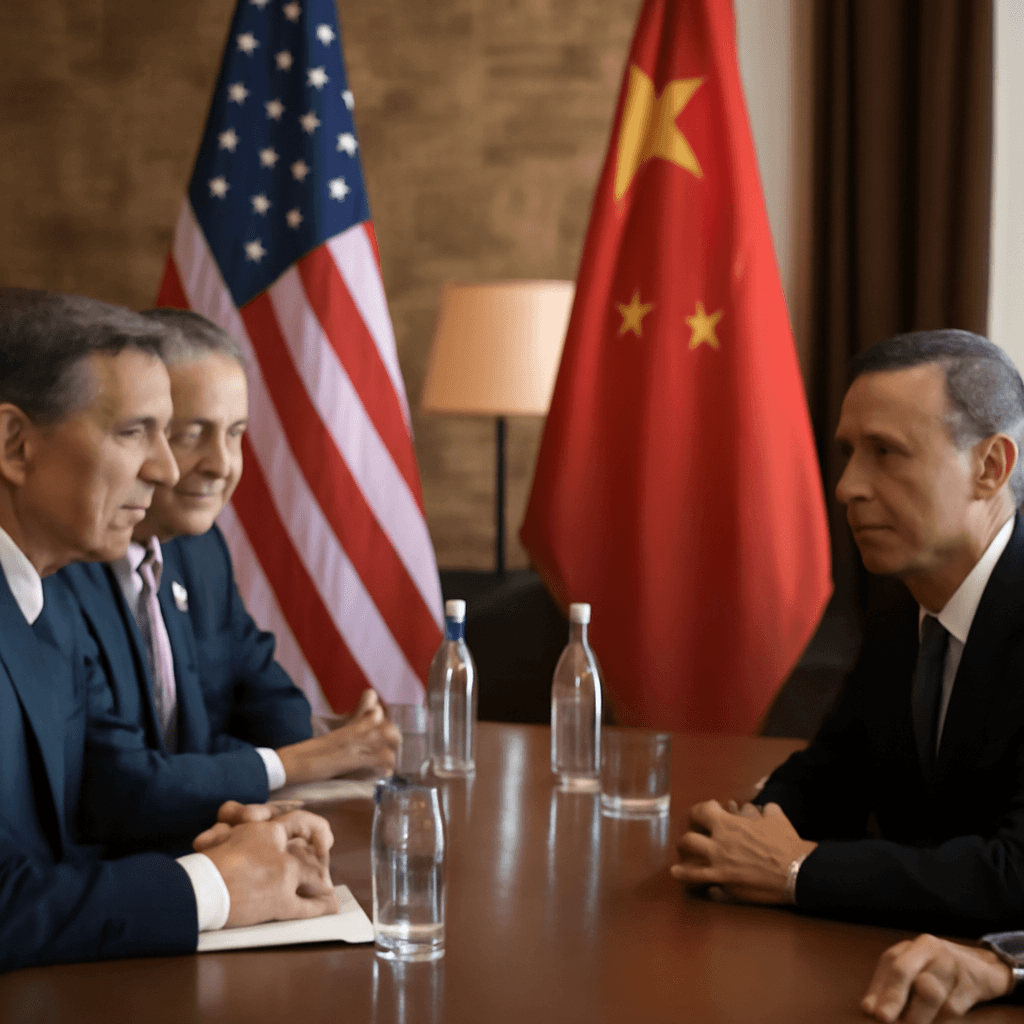India's Suspension of Indus Waters Treaty Triggers Water Shortfall in Pakistan
A recent government report from Pakistan has revealed a significant water shortage from the Indus River system, with the Punjab province experiencing a 13.3% decrease in water availability compared to previous years. This alarming shortage is attributed to India’s suspension of the 1960 Indus Waters Treaty, a move taken in response to a terror attack in Pahalgam.
Impact on Agriculture: Kharif Crops at Risk
The reduction in water flow has hit farms in Pakistan’s Punjab province hard, particularly affecting the sowing and growth of Kharif crops, which rely heavily on monsoon irrigation. The Indus River System Authority of Pakistan reported that on June 5, water released stood at 124,500 cusecs compared to nearly 144,000 cusecs on the same date last year. Experts warn that until the monsoon fully arrives—usually by late June or early July—the shortage could worsen the agricultural crisis.
Former Central Water Commission Chairman AK Bajaj explained, “Less water in rivers and reservoirs linked to the Indus system has pushed farmers into a serious crisis amid ongoing Kharif sowing.”
Regional Heatwave Amplifies the Challenge
Compounding the crisis, Pakistan faces a severe heatwave sweeping through regions including Karachi, Balochistan, and Sindh. Temperatures are expected to soar up to 37°C, with some areas reporting unusually high heat—over six degrees above average—adding stress on water resources and vulnerable crops.
Understanding the Indus Waters Treaty Dispute
The Indus Waters Treaty, signed between India and Pakistan in 1960, allocates control over six rivers of the Indus basin. Pakistan was granted rights primarily over the western rivers—the Indus, Jhelum, and Chenab—while India controls the eastern rivers: Sutlej, Beas, and Ravi.
Despite the treaty, tensions have escalated after the recent Pahalgam terror attack, leading India to halt water-sharing agreements related to the western rivers, thereby exerting greater control over water flow into Pakistan.
Risks Beyond Water Scarcity: Flood Threats Loom
Experts caution that withholding water data and manipulating river flows could increase flood risks in Pakistan during monsoon seasons. With India no longer obliged to share crucial water level information, Pakistan faces heightened flood hazards and potential disasters.
Diplomatic Efforts and Firm Positions
In response, Pakistan's Ministry of Water Resources has sent four urgent letters to India requesting a reversal of the suspension. However, the Indian government, under Prime Minister Narendra Modi, maintains a firm stance, linking treaty suspension to ongoing cross-border militancy concerns.
Looking Ahead
As the Kharif planting season advances and heatwaves intensify, the water dispute threatens not only regional agriculture but also broader environmental stability. The coming months will test bilateral relations and the resilience of millions depending on the Indus waters.

